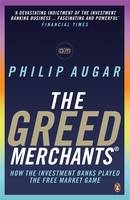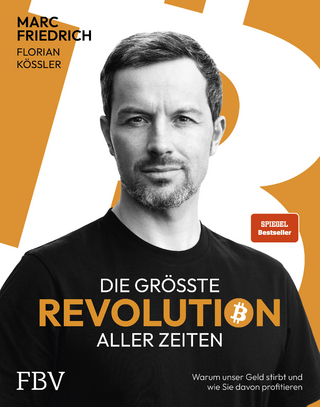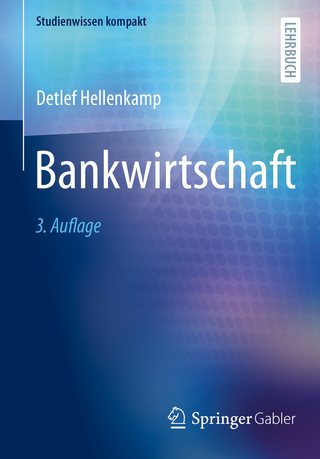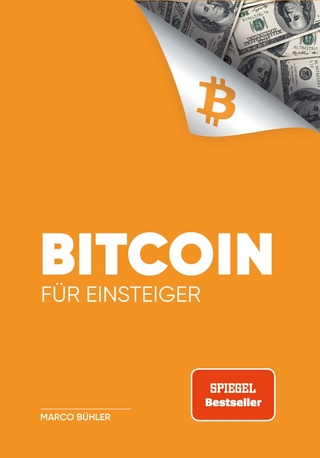
The Greed Merchants
How the Investment Banks Played the Free Market Game
Seiten
2006
Penguin Books Ltd (Verlag)
978-0-14-101767-9 (ISBN)
Penguin Books Ltd (Verlag)
978-0-14-101767-9 (ISBN)
- Titel ist leider vergriffen;
keine Neuauflage - Artikel merken
Early in the new millennium, the investment banks were on their knees. They are able to act simultaneously for buyers, sellers and themselves, and generate huge returns. This book explains how this transfer of wealth occurs, and answers questions such as: do the investment banks add value through their advice? Is there a cartel? and more.
Early in the new millennium the investment banks were on their knees. Beaten by the boom and bust of the dot.com bubble, mixed up in corporate scandals and accused of uncontrolled and rampant conflict of interest, the game seemed over for the masters of the universe. Then the bounce back came. New rules, promises to be more vigilant and rising markets took the heat off. Having learned their lesson and paid their dues, the investment banks could be relied upon to oil the wheels of capitalism in this best of all possible worlds.
Philip Augar's cutting critique challenges this consensus. By being able to act simultaneously for buyers, sellers and themselves, they can generate huge returns at their customers' expense. This book explains how this systematic and legal transfer of wealth occurs and answers some important questions. Do the investment banks add value through their advice? Is there a cartel? Are there any alternatives? What will happen next?
Early in the new millennium the investment banks were on their knees. Beaten by the boom and bust of the dot.com bubble, mixed up in corporate scandals and accused of uncontrolled and rampant conflict of interest, the game seemed over for the masters of the universe. Then the bounce back came. New rules, promises to be more vigilant and rising markets took the heat off. Having learned their lesson and paid their dues, the investment banks could be relied upon to oil the wheels of capitalism in this best of all possible worlds.
Philip Augar's cutting critique challenges this consensus. By being able to act simultaneously for buyers, sellers and themselves, they can generate huge returns at their customers' expense. This book explains how this systematic and legal transfer of wealth occurs and answers some important questions. Do the investment banks add value through their advice? Is there a cartel? Are there any alternatives? What will happen next?
Philip Augar worked in investment banking for over twenty years and he now writes, broadcasts and lectures on financial services and related issues. He is the author of two books, The Death of Gentlemanly Capitalism and (with Joy Palmer) The Rise of the Player Manager, both of which are available in Penguin. He has a doctorate in History and is a Visiting Fellow of Cranfield School of Management.
| Erscheint lt. Verlag | 25.5.2006 |
|---|---|
| Verlagsort | London |
| Sprache | englisch |
| Maße | 130 x 197 mm |
| Gewicht | 200 g |
| Themenwelt | Wirtschaft ► Betriebswirtschaft / Management ► Finanzierung |
| Betriebswirtschaft / Management ► Spezielle Betriebswirtschaftslehre ► Bankbetriebslehre | |
| Wirtschaft ► Volkswirtschaftslehre | |
| ISBN-10 | 0-14-101767-8 / 0141017678 |
| ISBN-13 | 978-0-14-101767-9 / 9780141017679 |
| Zustand | Neuware |
| Haben Sie eine Frage zum Produkt? |
Mehr entdecken
aus dem Bereich
aus dem Bereich
warum unser Geld stirbt und wie Sie davon profitieren
Buch | Hardcover (2024)
FinanzBuch (Verlag)
30,00 €


